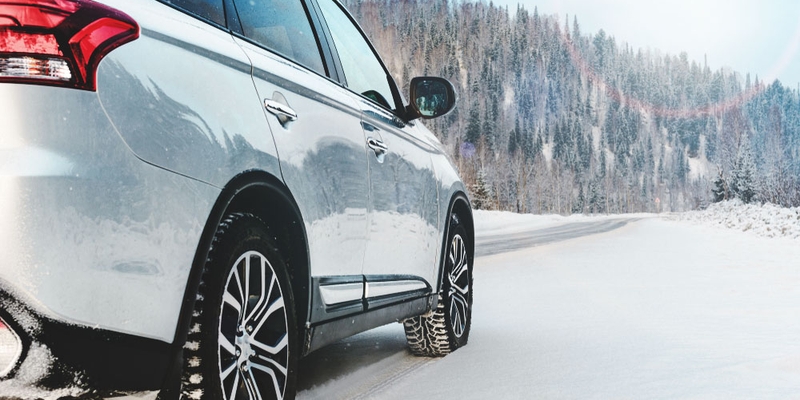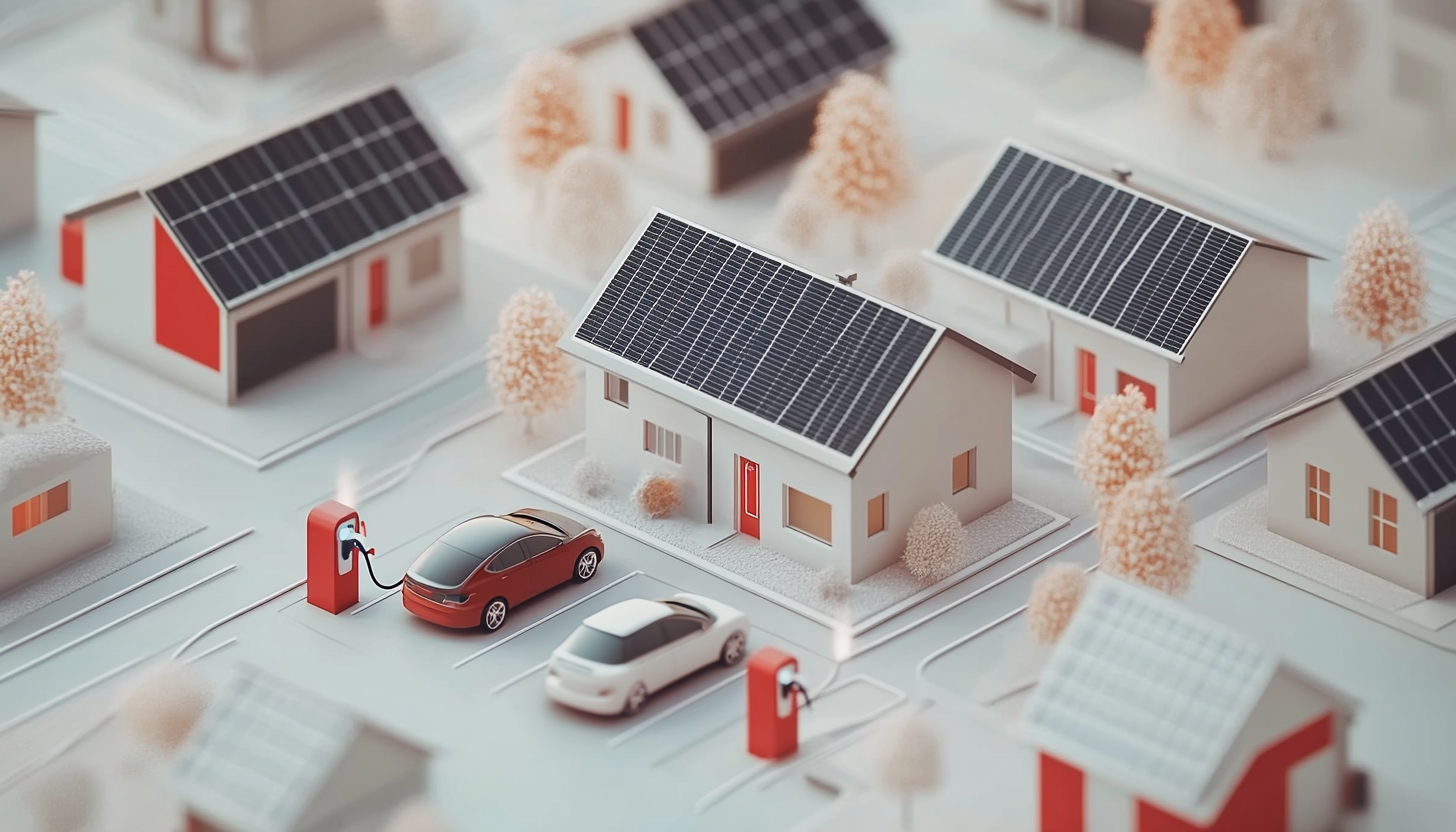
If you are not redirected within 30 seconds, please click here to continue.
Samedi: 10h – 16h HAE

If you are not redirected within 30 seconds, please click here to continue.
If you are not redirected within 30 seconds, please click here to continue.
Tips for Buying a Fuel-Efficient Vehicle

When looking for a new car, you'll likely have to do your research, compare models, and go for a few test drives before you find the one. And with the average price of gasoline across Canada hovering around the $1.40 to $1.50 per litre mark (according to CAA’s gas price tracker), vehicle fuel-efficiency should definitely be on your radar before making a decision. That being said, this handy guide from Natural Resources Canada on how to choose a fuel-efficient vehicle will aid you in buying a car that will help you save at the pump.
New or used?
Generally, new vehicles tend to be more fuel-efficient than older models. So, if a new car is in the cards, be sure to compare the fuel consumption ratings. These can be found on the EnerGuide labels. If you are unfamiliar with the EnerGuide label, it is usually stickered to the vehicle and shows the consumption ratings for city and highway driving and provides you with an estimate of that vehicle's yearly fuel cost.
Size matters
It likely comes as no surprise that typically, the bigger the vehicle, the bigger the engine, and the more fuel it consumes. So, if you don't need the cargo room, towing capacity, or extra passenger space on a regular basis, go with a smaller vehicle; you'll save money in the long run on gas.
Manual or automatic?
A manual transmission is generally more fuel-efficient than an automatic. When used properly, a manual transmission can save you five to 10% in fuel compared to its automatic counterpart.
If you don't know how to drive a manual vehicle and your only option is automatic, opt for an automatic transmission with more gears. Extra gears can help keep the engine running at its most fuel-efficient level.
Front-, rear-, four- or all-wheel drive?
If you have a choice between a two-wheel drive, four-wheel drive or all-wheel drive, choose the two-wheel drive; two-wheel drive vehicles are generally more fuel-efficient. Of your two-wheel drive options (front-wheel or rear-wheel), there's not much of a difference when it comes to fuel efficiency anymore (although at one time this wasn't the case.)
Four-wheel and all-wheel drive vehicles are less fuel-efficient than two-wheel drive vehicles. The additional parts needed, along with the extra power required for the engine to operate these types of vehicles can increase fuel consumption by up to 10% what you would use with a two-wheel drive vehicle.
Weigh your options
Did you know that power seats add anywhere from 40 to 60 kilograms to your vehicle? Extra features like a remote car starter, air conditioner, roof rack, and heated seats are nice amenities, but they use extra engine power or diminish the vehicle's aerodynamics. As a result, they increase your car's overall fuel consumption.
There are ways, however, to use your amenities in a way that will help you save on gas:
- Turn off the AC, open the windows, and enjoy your sunroof.
- Flip on cruise control when on the highway, unless you're in stop-and-go traffic. Accelerating and braking requires additional engine power, so by keeping your car at a constant speed, you reduce the amount of fuel your vehicle consumes.
- Use your GPS or in-car navigation system to give you the fastest, shortest route to your destination, to avoid wasting gas on detours or idling traffic.
- If possible, remove your roof rack when not in use.
Dare to compare
Okay, we admit it, this tip is not about buying a fuel-efficient vehicle. But if the driving force (pun intended) for purchasing a vehicle that sips gas rather than guzzling it is to save some cash, then you probably want to save in other areas too, like your car insurance.
When looking for a new fuel-efficient car, compare more than just sticker prices and fuel consumption ratings, compare car insurance rates as well. Because what's the point of saving money on gas, if you're only going to overpay for insurance? Find the best current price for your car insurance today to save on the coverage you need.
Don't waste time calling around for auto insurance
Use RATESDOTCA to shop around, and compare multiple quotes at the same time.
Get money-saving tips in your inbox.
Stay on top of personal finance tips from our money experts!









